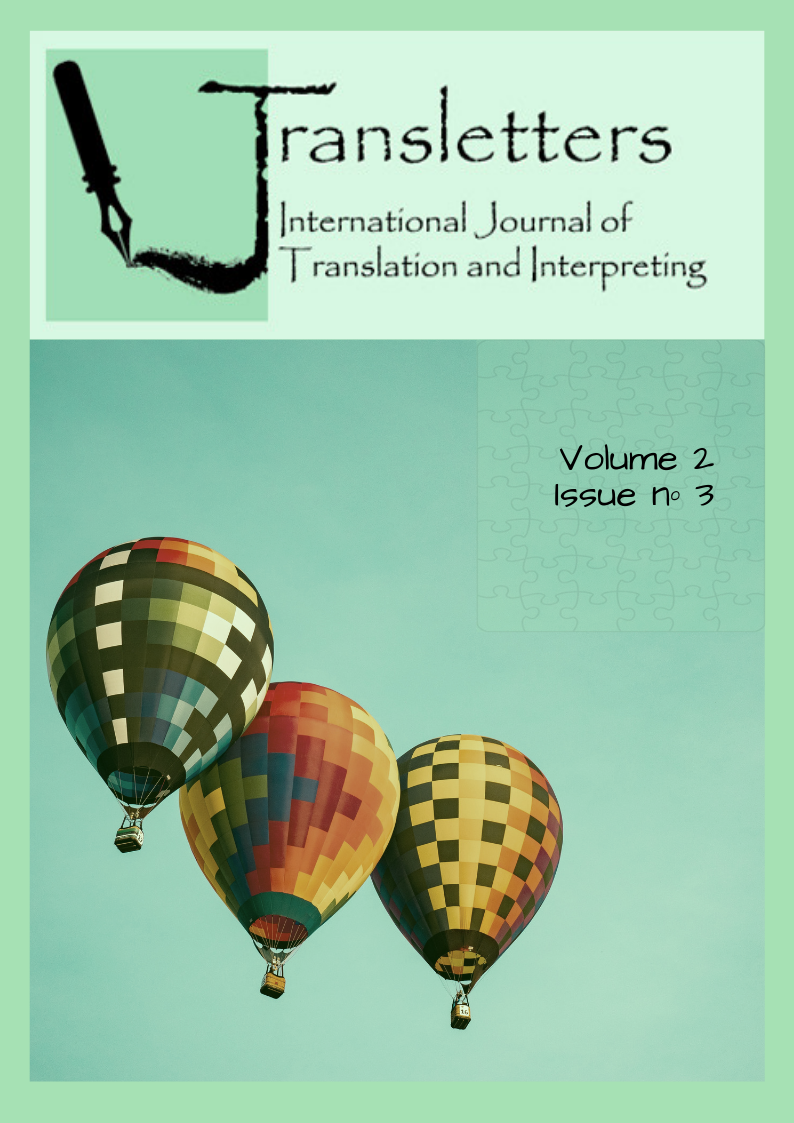Focusing on Effective Translation Teachers in the Classroom
Contenido principal del artículo
Resumen
This study follows on from previous survey and focus group research to focus on translation teacher effectiveness in classroom teaching in Australian universities through a case study method. The data analysis draws on appreciative inquiry theory and explores why the subjects are effective translation teachers in four aspects: classroom management, classroom pedagogy, classroom communication, and teacher roles. The results suggest that effective translation teachers are able to provide clear instructions for the whole learning process, encourage students in independent learning, be flexible in activity and pace, engage students in a relaxing learning environment, rapport with students for communicative learning, giving oral and written feedback on both strengths and weaknesses, and be friendly and patient for better learning outcomes.
Descargas
Detalles del artículo
Política propuesta para las revistas que ofrecen acceso abierto
Los/as autores/as que publican en esta revista aceptan las siguientes condiciones:
1. Los/as autores/as conservan los derechos de autor y conceden a la revista el derecho de primera publicación con el trabajo licenciado simultáneamente bajo una Licencia de Atribución de Creative Commons, la cual permite a otras personas compartir el trabajo con un reconocimiento de la autoría del trabajo y la publicación inicial en esta revista.
2. Los/as autores/as pueden establecer acuerdos contractuales adicionales para la distribución no exclusiva de la versión publicada del trabajo en la revista (por ejemplo, enviarlo a un repositorio institucional), con un reconocimiento de su publicación inicial en esta revista.
3. Se permite y anima a los/as autores/as a publicar su trabajo previo a la versión final publicada en esta revista una vez aceptado (por ejemplo, en repositorios institucionales o en su sitio web), ya que puede dar lugar a intercambios productivos, así como a una citación más temprana y mayor del trabajo publicado (Véase El efecto del acceso abierto).

